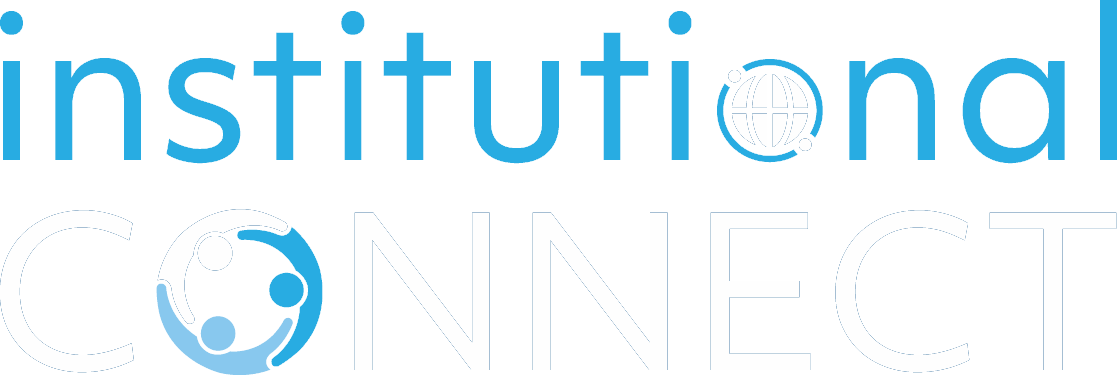Todd Hirsch on Economic Trends
and Challenges
Institutional CONNECT: How will the macro-economic environment be different in the coming decade?
Todd Hirsch: The global economy is certain to experience some turbulence in the coming years. Geopolitics, focused on Russia’s invasion of Ukraine in 2022, could become more disruptive. That will impact trade flows, investment and even government budgets as more money will be spent on military security. In the most troubling scenario, conflict between the U.S. and China would take an immediate and severe toll on the global economy.
Canada is not exempt from these geopolitical situations. Commodity prices might fluctuate more severely, which could help parts of the Canadian economy (notably the west), but would also hamper activity elsewhere. As well, because the Canadian dollar is considered a “riskier” investment play by currency traders, geopolitical and financial market disruptions could push the Canadian dollar lower. That will make imports of food and other items even more costly.
Institutional CONNECT: What are the biggest threats to the economy in the next few years?
Todd Hirsch: Aside from the geopolitical situations covered above, there are other potentially damaging threats to the economy. Inflation, while it is coming down, has not yet been conquered. The U.S. Federal Reserve is positioned to keep raising rates until inflation has convincingly been wrestled back to 2 per cent. Other central banks, such as the Bank of Canada and the European Central Bank, will do the same. Higher interest rates pose a serious threat to the economy, particularly the housing market.
Other threats include more severe weather events (related to climate change), and food security and shortages. As well, the labour market is in transition. Skills shortages continue to hamper many companies from hiring qualified workers. And issues like work-from-home policies continue to be in flux.
Institutional CONNECT: How will climate change impact the future of the economy?
Todd Hirsch: There are three ways climate change will impact the economy – two negatively, and one more positively.
More severe weather events are decidedly a negative for the economy. More destructive flooding, more crippling hurricanes, more devastating drought – we can expect all of this to intensify, costing billions in lost output and rebuilding. The other negative impact relates to higher costs of doing business because of “green policies” – carbon taxes, more restrictions on emissions, etc. Although necessary if we are to keep global temperatures rising too high, they will impose an economic cost.
The positive that will come out of climate change is the billions of dollars in investments that will be attracted by alternative energy systems, clean energy technologies, and other emerging industries around net-zero carbon goals. Canada has a particularly strong opportunity to capitalize on these industries. But it will take a shift in attitude; rather than viewing climate policies as penalties and negatives, we need to focus on the benefits of the new industries that will be created.
Institutional CONNECT: How should investors and businesses be prepared for the turbulence in the years to come?
Todd Hirsch: Three pieces of advice:
- Know your story: as a business, know your strengths and weaknesses. Focus on the strengths and the story that has carried you through other crises in the past. As investors, have a plan and stick to it. Turbulent markets come and go, but investors who can see past the crisis will come out ahead.
- Foster relationships: the support of others will mean everything in the years ahead. Clients, suppliers, team members, even your competitors – the stronger and more resilient your support system is, the stronger you’ll be able to weather any financial storms.
- Be prepared for anything: it sounds cliche, but change is the new normal. Never assume the status quo, but intentionally plan around every possible scenario.

